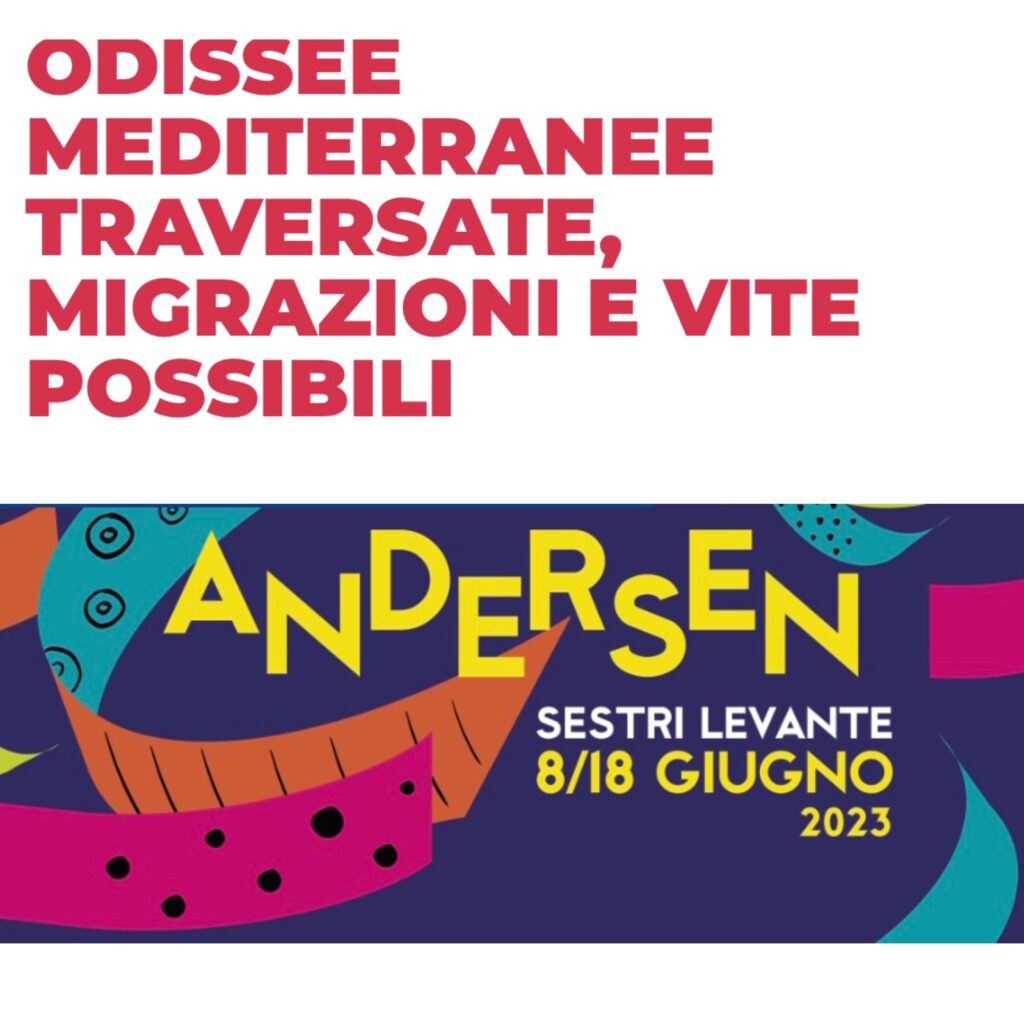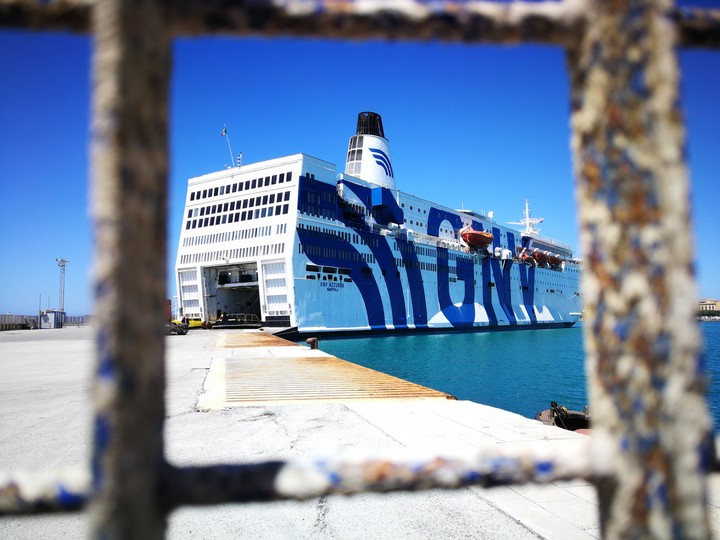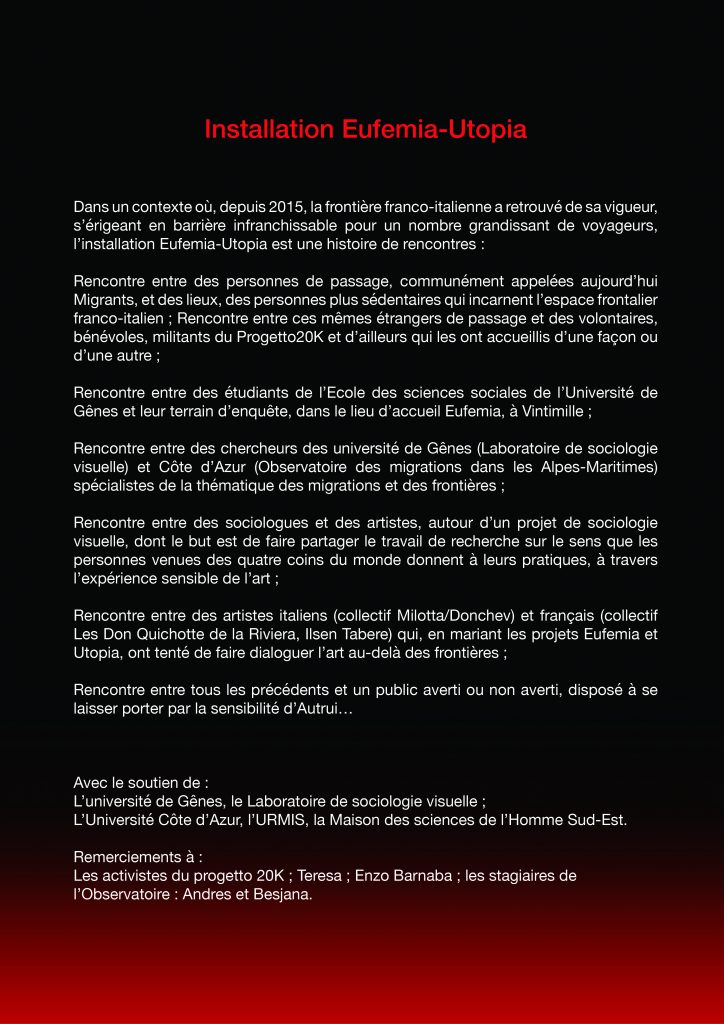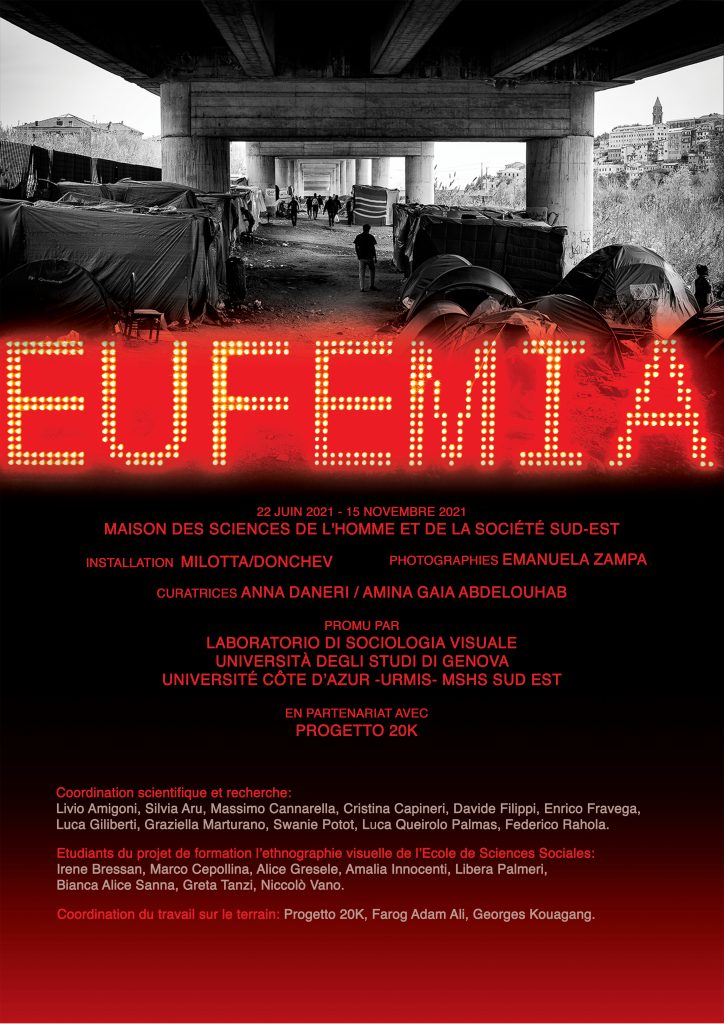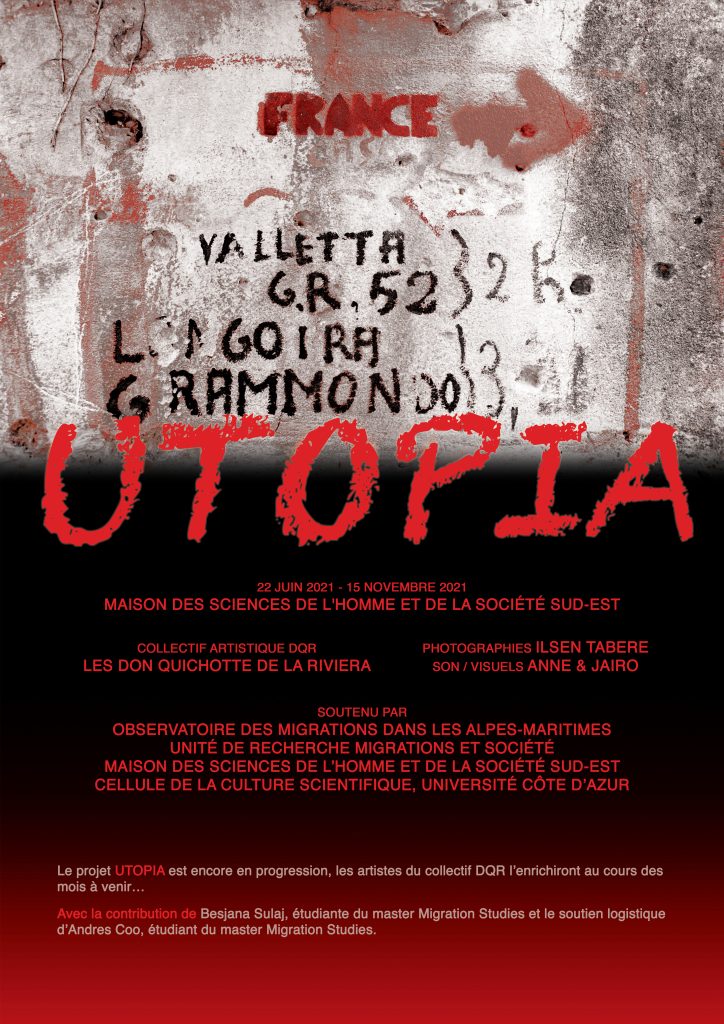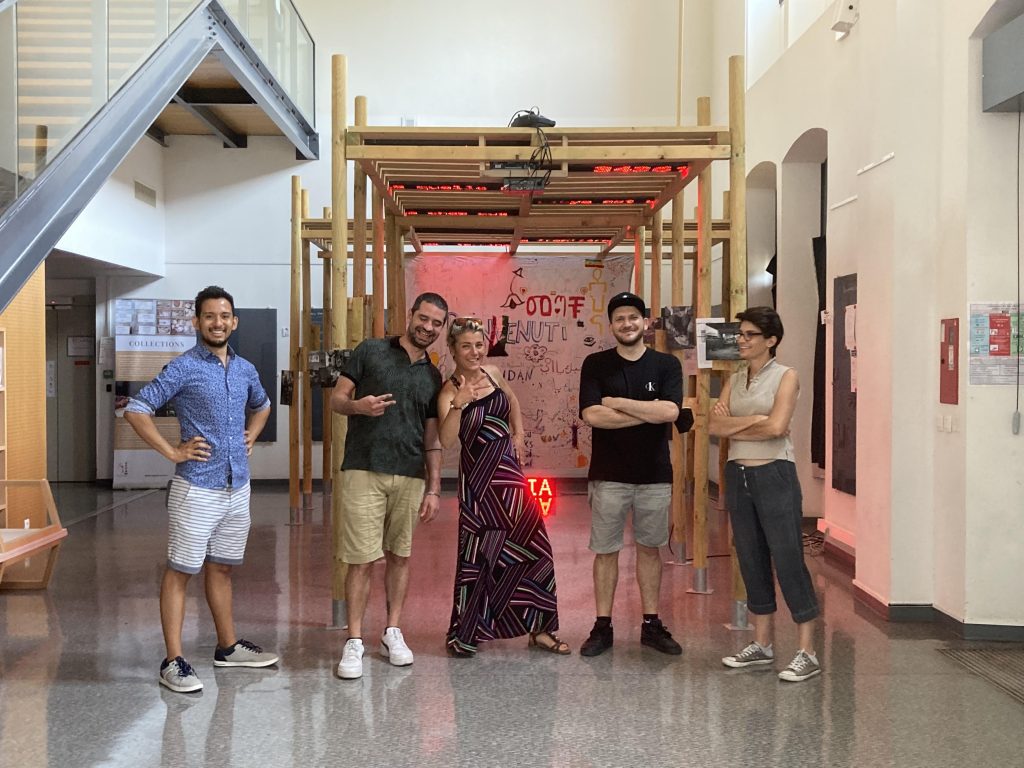Kick-off meeting del progetto SOLROUTES con una sessione sui metodi creativi nei border studies e nei solidarity studies

Dal 25 al 29 settembre si terrà il kick-off meeting del progetto SOLROUTES (AdG ERC):
Solidarity And (As) The New Abolitionism. Collective Knowledge For Debordering Europe
Il progetto SOLROUTES Solroutes vuole essere un viaggio etnografico, multisituato e multiscalare che si snoda lungo le rotte delle migrazioni, insieme alle persone in movimento. Con sede in diverse località e “stazioni” dentro e intorno all’Europa (dal Belgio e Italia al Marocco, Tunisia, Turchia, fino agli avamposti postcoloniali europei della Guyana francese e Mayotte), il progetto mira a decentrare, deconfinare e allo stesso tempo provincializzare l’Europa, iscrivendosi, sia politicamente, sia concettualmente, in uno specifico orizzonte abolizionista. Facendo riferimento agli approcci afro-americani e femministi (quello di Ruth Gilmore, Angela Davis e molte altre), il progetto SOLROUTES concepisce tale prospettiva, più che come un gesto di cancellazione, come un momento costitutivo che si oppone a qualsiasi regime di frontiera proibizionista, ai suoi effetti necropolitici e al panorama razzializzato che genera, aprendo la possibilità per una “Europa at large” diversa, post o decoloniale.
Il giorno 25 settembre, presso il Dipartimento di Scienze della Formazione (DISFOR) dell’Università di Genova, alla presenza del Direttore del Dipartimento, Prof. Guido Franco Amoretti, si discuterà delle “Nuove parole chiave per la solidarietà“. Oltre al prof. Luca Queirolo Palmas (Principal Investigator) e al prof. Federico Rahola dell’Università degòli Studi di Genova, il dibattito sarà animato daIvan Bonnin (UniGE), David Brotherthon (J. Jay College CUNY), Camille Cassarini (UniGE), Paolo Cuttitta (UniGE), Rassa Ghaffari (UniGE), Georges Kouagang (UniGE), Jayne Mooney (J. Jay College CUNY), Maria Dolores Paris Pombo (El Colegio de la Frontera Norte), Lorenzo Pezzani (UniBO), Camille Schmoll (EHESS).
Il 26 settembre, si terrà invece la sessione dedicata ai “Metodi creativi nei border studies e nei solidarity studies“. Aprirà i lavori il prof. Marco Martiniello dell’Università di Liegi. Interverranno: Rassa Ghaffari, Livio Amigoni e Massimo Cannarella del progetto SOLROUTES, Ivan Bonnin (Progetto MOBS – UniGE), Luca Giliberti (UniPR), K. Smets (VUB Bruxelles). Discussants: A. Antebi (OVQ – Barcelona), A. Milotta (Artist), J. Gonzalez Morandi and M. Cinque (film-makers), A. Ferraris (Illustrator), M. Martiniello (Universitè de Liège), A. Vannucci (Director and playwright), E. Zampa (photographer).
Nel pomeriggio si terrà la Tavola Rotonda “Sea as a battlground for solidarities” cui prenderanno parte: Lorenzo Pezzani (UniBO – HEMIG ERC), Vittorio Alessandro (Ammiraglio in congedo della Guardia Costiera), Jacopo Anderlini (UniBO – Progetto MOBS), Leon Blanchaert (Mediterranea – Saving Humans), Enrico Fravega (UniGE – Progetto MOBS).
I due giorni successivi saranno dedicati alla presentazione dei Report relativi a: Belgio, Turchia e Balcani (27 settembre – DISFOR), Tunisia e Marocco (28 settembre – Aula Mazzini – Balbi 5).
Nella giornata del 28 si terrà, inoltre, presso l’Aula Mazzini di Via Balbi 5, il workshop “Doing ethnography and solidarities in the Maghreb area“. Nella stessa location, alle 11:30 del 29 settembre si terrà l’assemblea plenaria conclusiva dell’evento.
